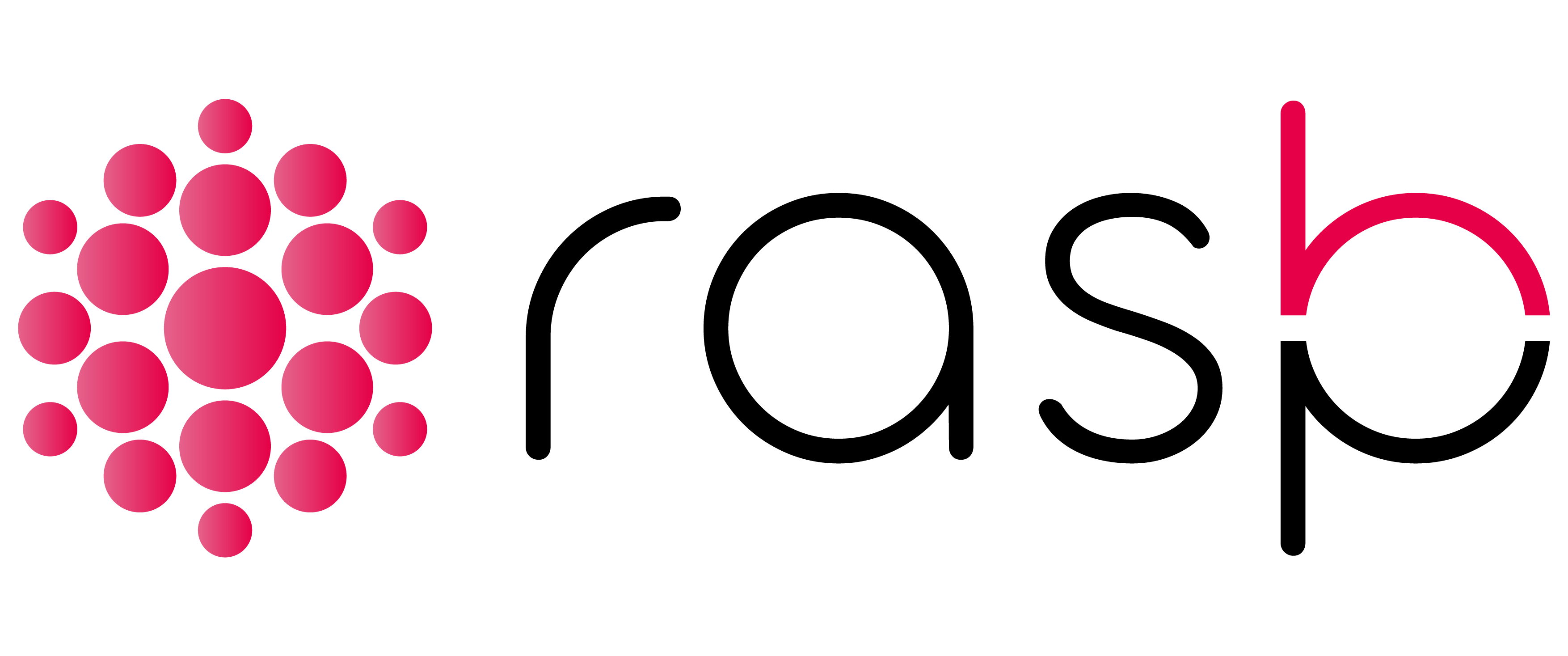Unequal Distribution of EIC Accelerator Funding: A Closer Look at the European Landscape
The European Innovation Council (EIC) Accelerator, a flagship funding program under the European Union’s Horizon Europe framework, has been a beacon of hope for startups and Small and Medium-Sized Enterprises (SMEs) across Europe. It offers a unique blend of grants and equity financing, providing up to €2.5 million in grant funding and €15 million in equity financing. However, a closer examination of its funding distribution since 2021 reveals a concerning pattern of geographical inequality. The EIC Accelerator’s Role in Shaping European Innovation The EIC Accelerator, part of the European Union’s broader initiative to foster innovation and growth among startups and Small- and Medium-Sized Enterprises (SMEs), has been instrumental in bringing groundbreaking ideas to fruition. It aims to support high-risk, high-impact innovations, guiding them from the concept stage (Technology Readiness Level – TRL) through to market maturity. Geographical Disparities in EIC Accelerator Funding Since its inception, the EIC Accelerator has been instrumental in fostering innovation and supporting high-potential projects. However, data indicates a skewed distribution of funds favoring certain countries. Nations like France, Germany, and the Netherlands have consistently topped the list of beneficiaries, while countries such as Greece, Slovenia, and Hungary lag behind. This uneven distribution raises questions about the accessibility and fairness of the EIC Accelerator program. France, Germany, and the Netherlands: Leaders in Innovation Funding These countries have historically been at the forefront of receiving EIC funding. Their robust innovation ecosystems, coupled with strong government support and an abundance of professional writers, freelancers, and consultants skilled in drafting successful EU grant applications, have played a significant role in this success. Moreover, these countries’ ability to meet the high Technology Readiness Level (TRL) requirements and effectively pitch their projects during the EIC Accelerator interview process have further solidified their position as leaders in securing EIC funding. Greece, Slovenia, and Hungary: The Struggle for Equal Opportunities In contrast, countries like Greece, Slovenia, and Hungary have faced challenges in securing an equitable share of EIC funds. Several factors contribute to this disparity. Firstly, the lack of awareness and understanding of the official proposal template and application process can be a significant barrier. Additionally, these countries might not have as many consultants or professional writers specializing in EIC grant applications, hindering their ability to compete effectively. Ukraine: A Notable Exclusion Ukraine’s absence from the EIC Accelerator funding landscape is another point of concern. Given the country’s burgeoning startup scene and potential for innovative projects, its exclusion from EIC funding raises questions about the inclusivity and reach of the program. Addressing the Inequality To rectify these imbalances, several steps could be taken: Enhanced Support and Training: Providing specialized training and resources to potential applicants from underrepresented countries could help level the playing field. This includes workshops on drafting compelling proposals and understanding the nuances of the EIC Accelerator’s evaluation criteria. Diversification of Evaluators: Incorporating evaluators from a broader range of geographical backgrounds could reduce inherent biases and ensure a more diverse and equitable selection of projects. Targeted Outreach Programs: Implementing outreach programs in countries with lower application rates could stimulate interest and participation in the EIC Accelerator program. Increased Transparency: Publicly sharing detailed statistics on the geographical distribution of funds and the evaluation process could enhance the program’s transparency and accountability. Conclusion While the EIC Accelerator remains a vital instrument for promoting innovation in Europe, addressing the geographical disparities in its funding distribution is crucial for ensuring a more balanced and equitable landscape. This will not only enhance the credibility of the program but also ensure that innovative ideas from all corners of Europe have an equal opportunity to flourish. The countries that have been funded under the EIC Accelerator since 2021 can be found here: France (80) Germany (68) Netherlands (52) Spain (35) United Kingdom (31) Israel (29) Sweden (25) Finland (22) Belgium (20) Ireland (20) Denmark (19) Italy (18) Norway (13) Austria (12) Portugal (11) Estonia (8) Poland (6) Bulgaria (3) Iceland (3) Lithuania (2) Czechia (2) Romania (2) Luxembourg (2) Slovakia (1) Croatia (1) Greece (1) Slovenia (1) Cyprus (1) Hungary (1) The full list of all EIC Accelerator Beneficiaries since 2021 is available as well.


